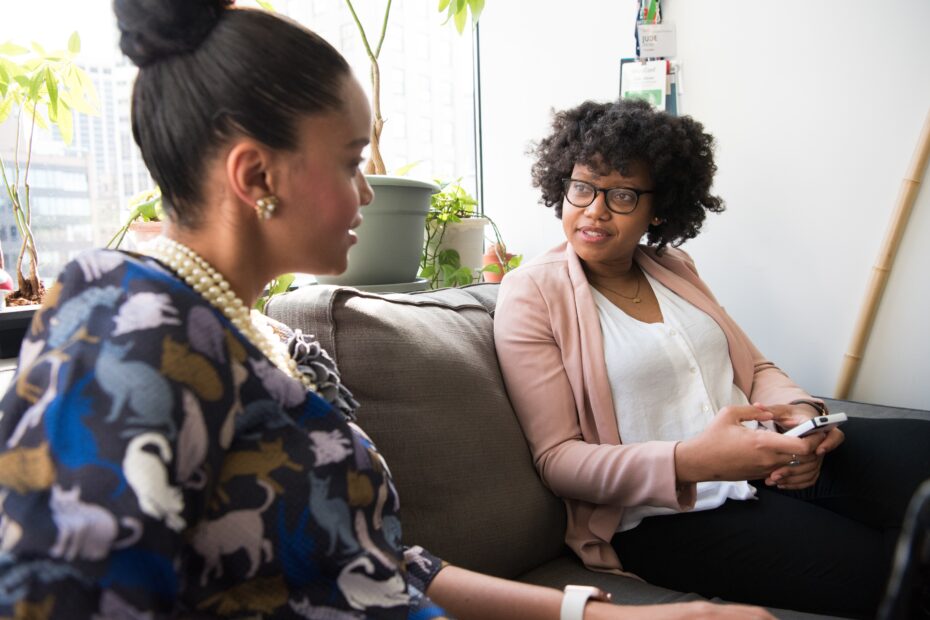Sometimes referred to as ‘one party mediation’, conflict coaching is a completely confidential service that allows you space to reflect on events and plan an improved strategy on dealing with current and potential future disputes.
Through one-on-one coaching, clients are able to reframe viewpoints and move away from unhealthy habits that often people are stuck in. It is not a therapy but it does focus on long-term solutions rather than providing a ‘quick fix’ to ongoing disputes.
Coaching may be difficult at times and we appreciate it can be a big step, but our coaches are on hand to answer any questions you may have about the process. We are completely independent and operate non-judgementally. Anyone can benefit from some coaching, so don’t be afraid to get in touch.
The conflict coaching process
One of our coaches will contact you for an initial conversation. Here, we can develop an understanding of your current situation and find out your goals. We then set up further conversations/meetings to undertake the coaching.
There is no prescribed number of sessions needed, we work on a case by case basis. There is also no ‘one-fits-all’ formula to our coaching and so the approach to be taken can be discussed between you and your coach during initial sessions.
When the face-to-face sessions come to an end, that’s when the work really begins! It is then down to you to implement the skills learned in coaching which will allow you to have a healthier approach to any future conflict.
How conflict coaching can benefit you
- It allows you to offload in a confidential, non-judgemental environment
- It equips you with life-long skills that allow you to manage conflict in a productive manner
- Sessions are tailored to your needs and so you can work towards your personal goals
- We provide support through ongoing conflicts, helping you to achieve the best possible outcome
What we need from you
In order for conflict coaching to be effective, you need to approach the sessions with an open mind and a readiness to move forwards. Sessions ought to be entirely voluntary and full-engagement is necessary. Coaching also does not end when the sessions with the coach come to an end, rather you need to continue to implement the skills learned; coaching offers life-long abilities and so once we have provided you with the tools, you need to use them!
Find out more
You can find out more about our Conflict Coaching Service and contact us here.
Ready to talk now?
Just call us on 01772 954602 or email info@adrmediation.org.uk.

